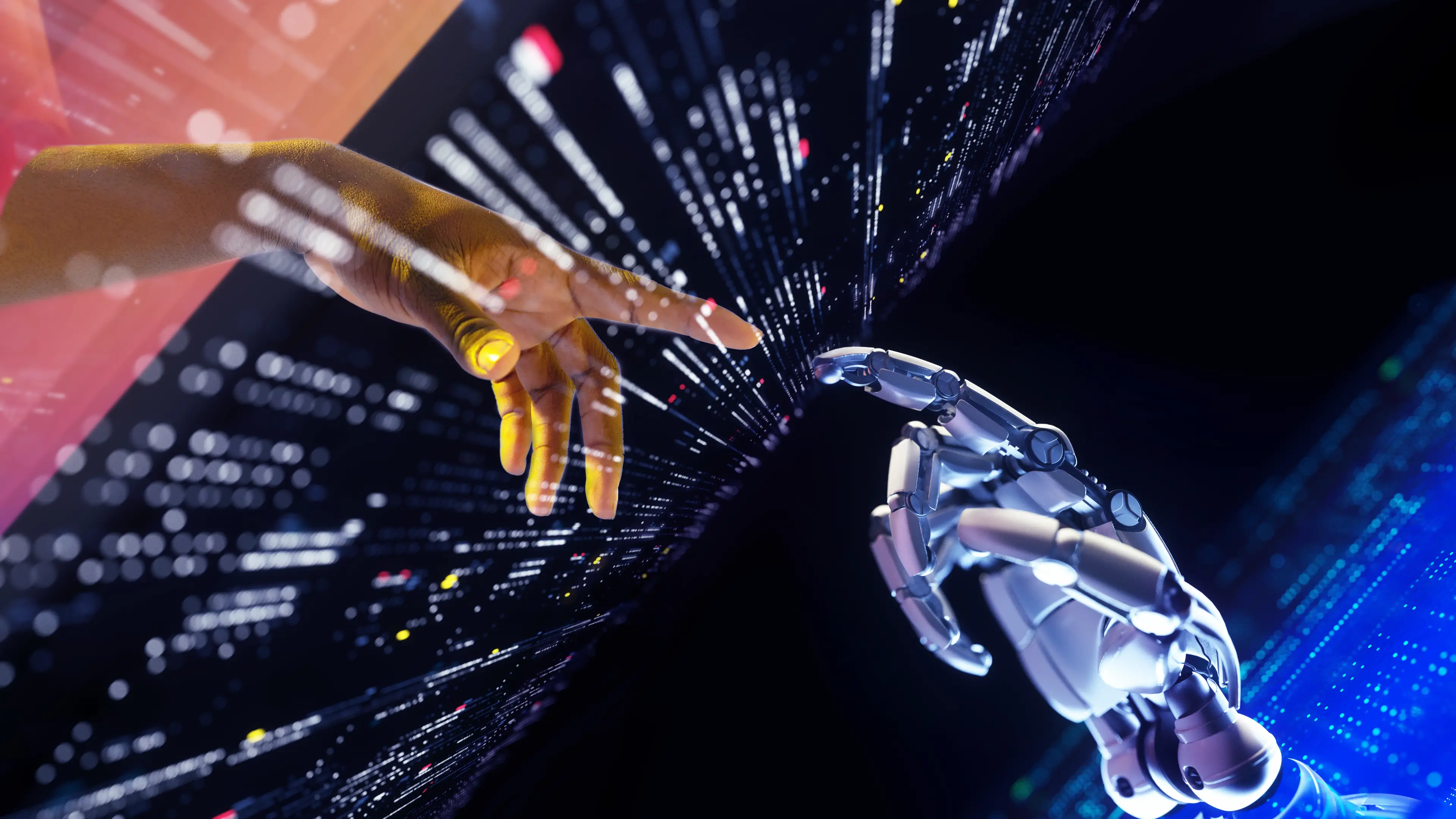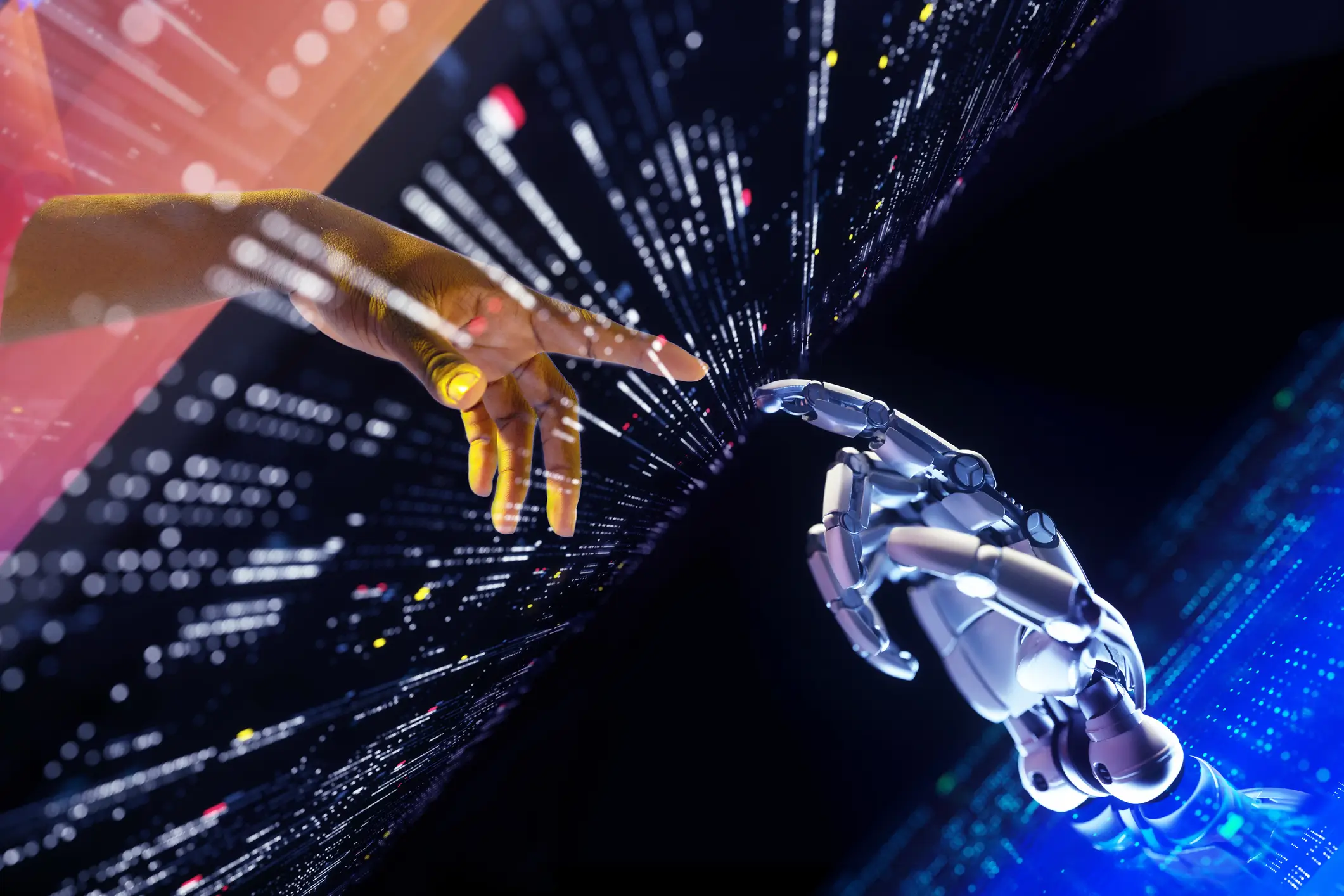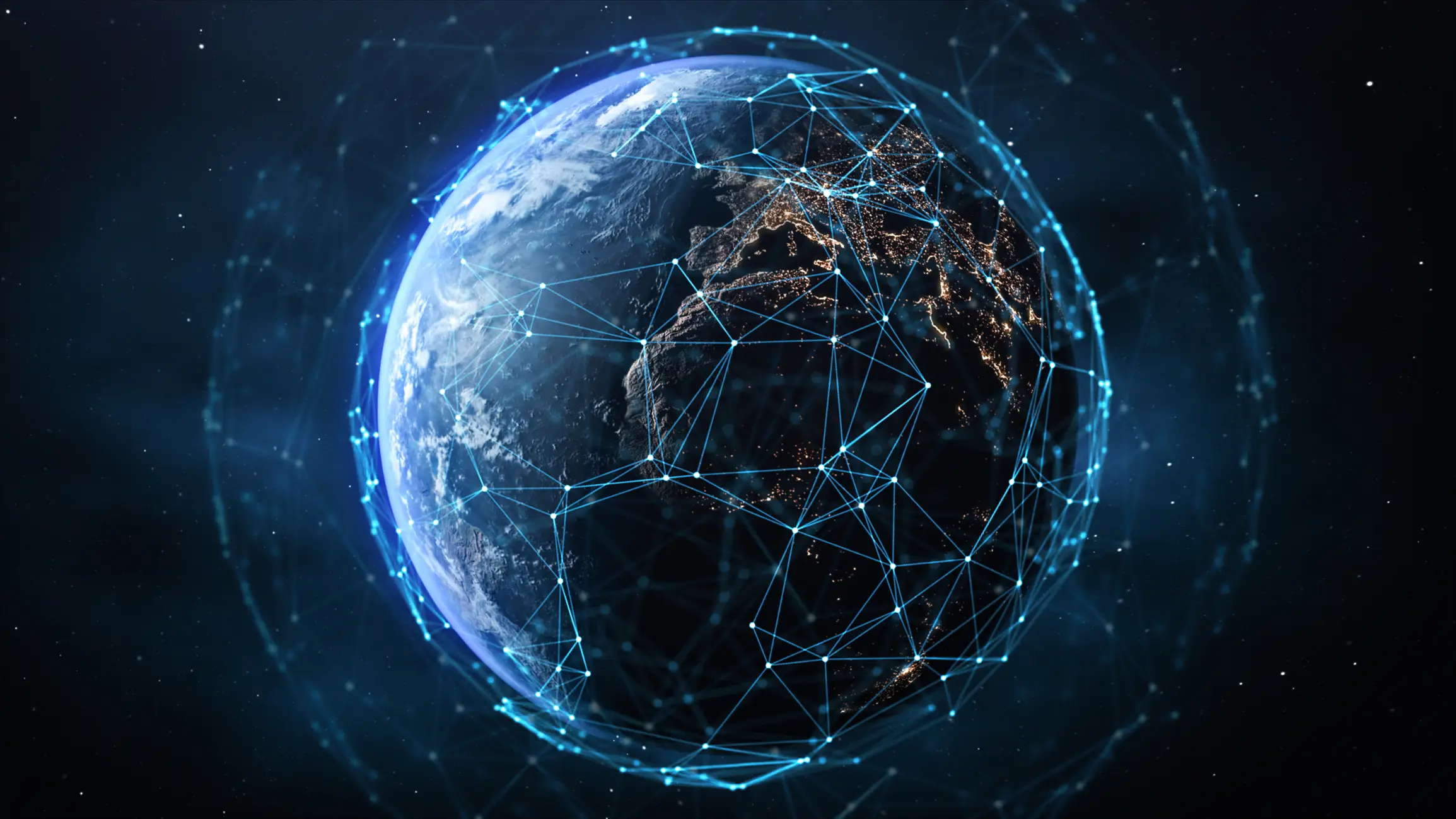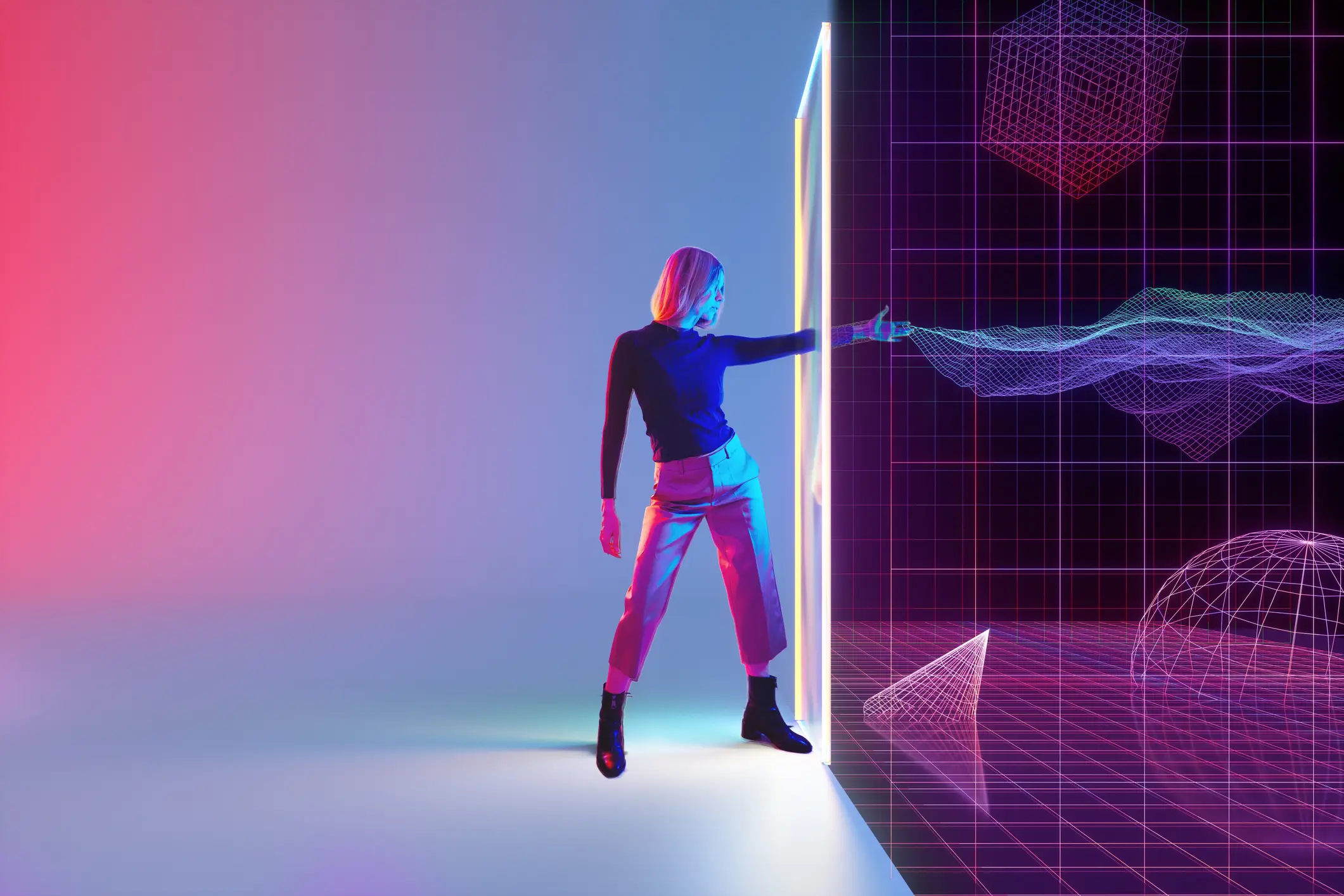
A scientist studying the virus that caused Covid-19 has suggested that our reality isn't real.
Dr Melvin Vopson has been analyzing SAR-CoV-2, the virus which lead to the deadly 2019 coronavirus disease that claimed the lives of 7,083,246 confirmed people globally, according to the World Health Organization (WHO), and made a shocking claim.

Through his research, the physician believes there are clues hinting at our reality being a simulation, an has even suggested that mutations are not random - which would debunk the theory of evolution.
Advert
The abstract of Vopson's study read: "The simulation hypothesis is a philosophical theory, in which the entire universe and our objective reality are just simulated constructs.
"Despite the lack of evidence, this idea is gaining traction in scientific circles as well as in the entertainment industry.
"Recent scientific developments in the field of information physics, such as the publication of the mass-energy-information equivalence principle, appear to support this possibility."
It continued: "In particular, the 2022 discovery of the second law of information dynamics (infodynamics) facilitates new and interesting research tools at the intersection between physics and information."

He went on to explain how his paper re-examined the second law of infodynamics and how it can be applied to digital information, as well as genetic information, atomic physics, mathematical symmetries, and cosmology.
Adding: "We provide scientific evidence that appears to underpin the simulated universe hypothesis."
While the study is interesting, it's as he says; there's not sufficient evidence to prove his theory right, although he believes there's crumbs to suggest it could be.
Vopson's work included analyzing the sequence variants of the novel SARS-CoV-2 virus, which first emerged in December 2019 which resulted in the Covid-19 pandemic.
After looking at thousands of variants of the strain, and how it mutated over time, just 1.08 percent of them increased its nucleotides, while 98.92 percent mutated via 'deletion' of nucleotides.

In Vopson's conclusion, he went on to explain how he found that second law of infodynamics 'essentially minimizes the information content associated with any event or process in the universe'.
"This behavior is fully reminiscent of the rules deployed in programming languages and computer coding," he writes.
"Since the second law of infodynamics appears to be manifesting universally and is, in fact, a cosmological necessity, we could conclude that this points to the fact that the entire universe appears to be a simulated construct.
"A super complex universe like ours, if it were a simulation, would require a built-in data optimization and compression mechanism in order to reduce the computational power and the data storage requirements."
Before adding: "This is exactly what we are observing via empirical evidence all around us, including digital data, biological systems, atomistic systems, symmetries, and the entire universe."
Topics: Science, Artificial Intelligence, World News